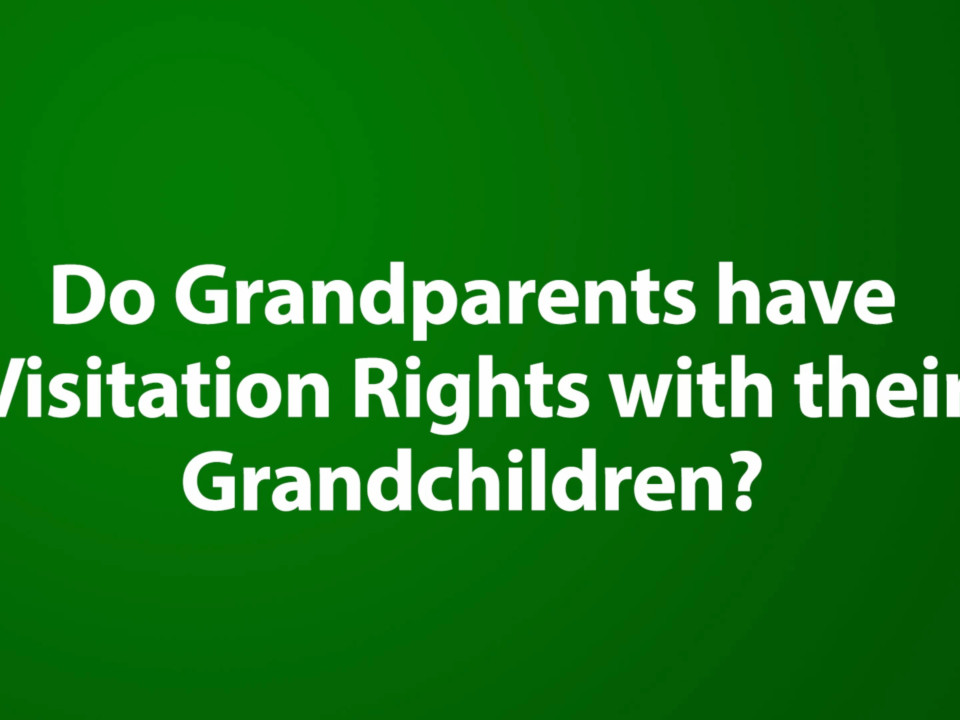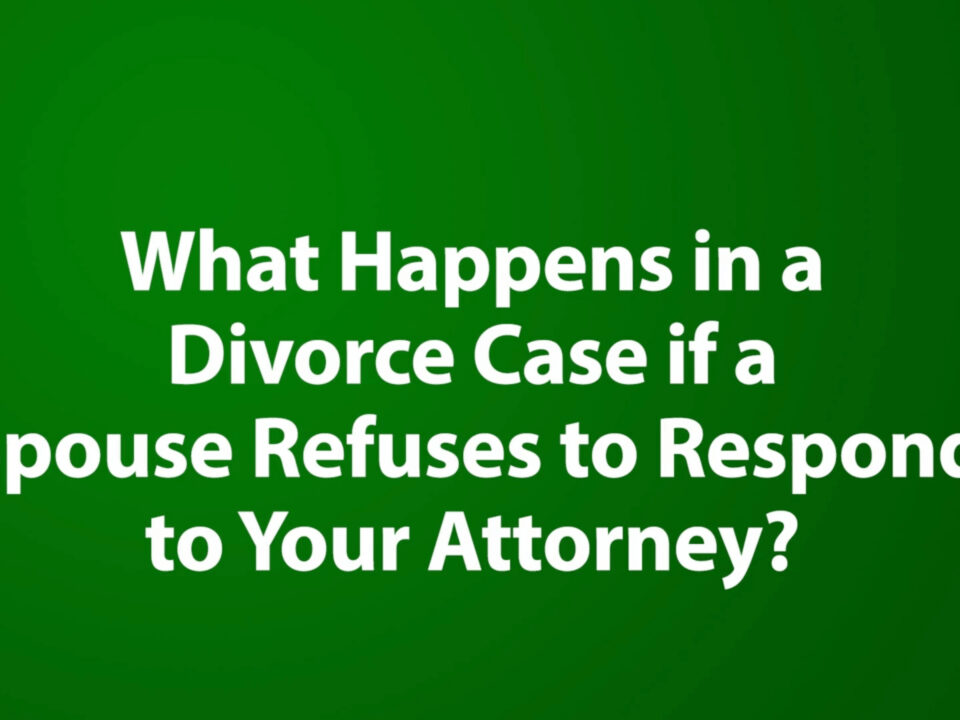The process for adopting a child can be long and complex, but when a step-parent wishes to legally adopt his or her step-child, the process can be simpler and quicker. According to the Children’s Bureau, step-parent adoption is the most common type of adoption.
Although many blended families already live together as if everyone was blood related, legal adoption can help break down any lingering barriers separating the child from his or her step-siblings or step-parent. It is not, however, a cure-all for family issues and may contribute to additional instability if the marriage is already struggling. For children with minimal or zero contact with the non-custodial parent, step-parent adoption may be an obvious decision. But when the non-custodial parent continues to play a substantial role in the child’s life, adoption by the step-parent may create friction between family members and place undue stress on the child.
Legal Changes
Adoption gives the adoptive parent the full legal rights and obligations of a biological parent, such as the right to make medical decisions for the child and, in the event of a divorce, the right to custody and visitation. Similarly, the adoptive parent takes on the same responsibilities as a biological parent, such as ensuring the child’s basic needs are met.
The adoption process alters the child’s inheritance rights. North Dakota Century Code section 14-15-14 stipulates that the termination of parental rights required as part of the adoption process legally ends the parent/child relationship between the non-custodial parent and the child. Therefore any inheritance rights that depend on that parent/child relationship are terminated, as well. If, however, the child is adopted after the biological parent’s death, then the adoption process will not affect the child’s inheritance rights from the deceased parent. The adoption also creates for the child a new right of inheritance from the adoptive parent as if the child were a blood descendant.
Consent Required
The non-custodial parent needs to consent to the adoption. Section 14-15-06 lists several exceptions to this requirement if the non-custodial parent:
- Is deceased;
- Has abandoned or deserted the child;
- Has not communicated nor provided for the care and support of the child for a year;
- Had their parental rights terminated by a court;
- Has unreasonably withheld their consent for more than sixty days;
- Or if the court finds that excusing consent is in the best interest of the child.
If, however, the non-custodial parent retains parental rights and refuses consent, and there are no substantial reasons why a court should waive the consent requirement, then the adoption process cannot continue. There are, however, contingency options that the custodial parent may take to protect the child in case of incapacity or death. A will, for example, may be used to designate the step-parent as the guardian for the child if the non-custodial parent is unable or unwilling to take care of the child.
Consider some preliminary counseling sessions to determine if adopting a step-child may be the best option for your family. Once you believe that this is the next step you wish to take, contact Tracy Lyson, an adoption attorney at O’Keeffe O’Brien Lyson Foss in Fargo, ND.




